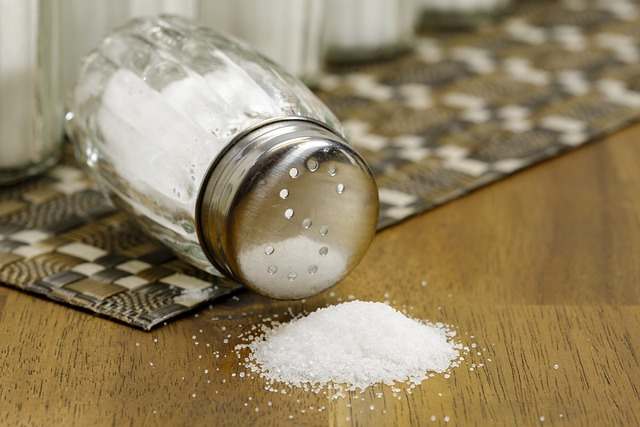Weaning is the process of introducing solid foods to a baby and transitioning them away from a diet of exclusively breast milk or formula. Weaning is an important milestone in a child’s development, as it marks the beginning of their journey toward independence and the ability to feed themselves.
There are several reasons why weaning is important:
- Meeting nutritional needs: As babies grow and develop, their nutritional needs change. Breast milk or formula alone may not provide all the nutrients that a growing child needs, especially after the age of six months. Weaning allows a child to diversify their diet and get the nutrients they need for healthy growth and development.
- Promoting physical development: Weaning can help a child develop their fine motor skills, as they learn to pick up and hold small pieces of food and bring them to their mouth. It can also help with the development of the muscles used for chewing and swallowing, which are important for proper speech development.
- Encouraging social and emotional development: Weaning is an opportunity for a child to learn about new flavors and textures, and to explore their surroundings. It can also help them develop a sense of independence and self-confidence, as they learn to feed themselves.
- Supporting dental development: Weaning can help a child develop healthy teeth and gums by providing a variety of nutritious foods that are high in vitamins and minerals.
- Reducing the risk of certain health problems: Some studies have suggested that weaning early (before the age of six months) may increase the risk of certain health problems, such as allergies and obesity. Weaning at the appropriate age can help reduce these risks.
Weaning is a natural process that usually occurs between the ages of four and six months, although every child is different and may begin weaning at a different age. It is important to listen to your child’s cues and to consult with a healthcare professional to determine the best time to start weaning.
When weaning, it is important to introduce a variety of foods slowly, starting with pureed or mashed foods and gradually increasing the texture as the child becomes more comfortable. It is also important to follow proper food safety guidelines, such as washing hands and surfaces before preparing food, and avoiding foods that may be choking hazards.
Weaning can be a challenging process, but it is an important step in a child’s development. With patience and support, it can be a positive and enjoyable experience for both the child and the parent.
—










